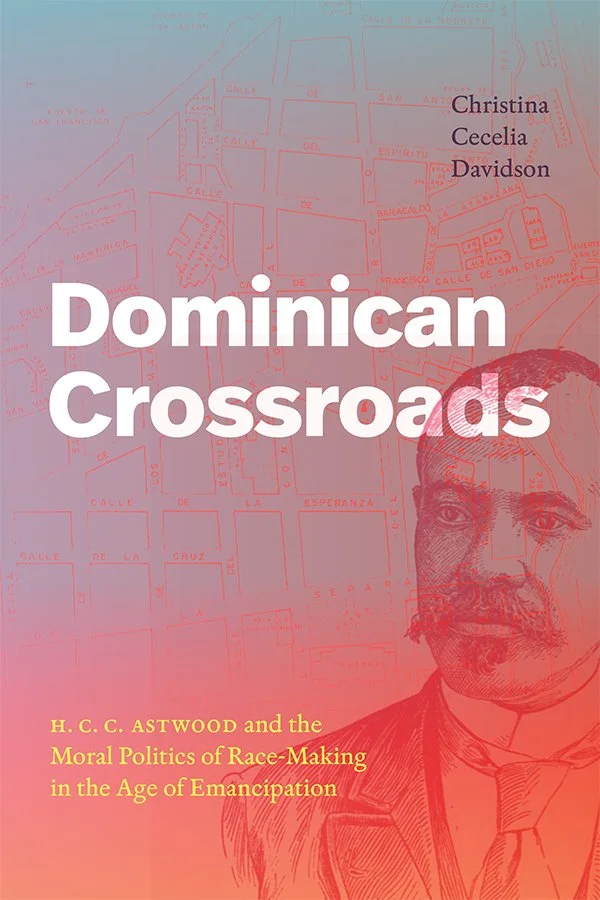
Book Prizes and Awards:
Winner of the 2025 Bernath Prize, Society for Historians of American Foreign RelationsWinner of the 2025 Phillis Wheatley Literary Award, Sons and Daughters of the US Middle PassageFinalist for the 2025 ASALH Book Prize
Dominican Crossroads examines the early life and polemical consular career of Henry Astwood (1844-1908), the first Black man to serve as US consul to the Dominican Republic’s capital, Santo Domingo (1882-1889). Using Astwood’s life as a guide, it argues that as the last pillars of slavery crumbled in the Americas, the city of Santo Domingo became a metaphorical crossroads in a hemispheric debate over Black men’s capacity for citizenship and political authority. This debate was waged at the level of moral discourse. Focusing on how Astwood used racialized moral politics to command authority as a Black man and US representative, this book especially explores US Black internationalism in Santo Domingo. It asserts that Astwood’s racialized moral politics represented an alternative form of Black internationalism, demonstrating how trickery factored into late nineteenth century Black politics even to the point of counteracting Black solidarity and liberation. Thus, Astwood’s story not only reveals how moral politics formed a component part of US racial capitalism, but also illuminates the complexity and ambiguity of the post-emancipation Black diasporic experience.
